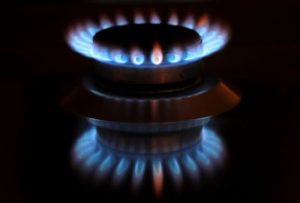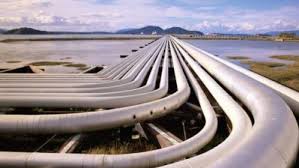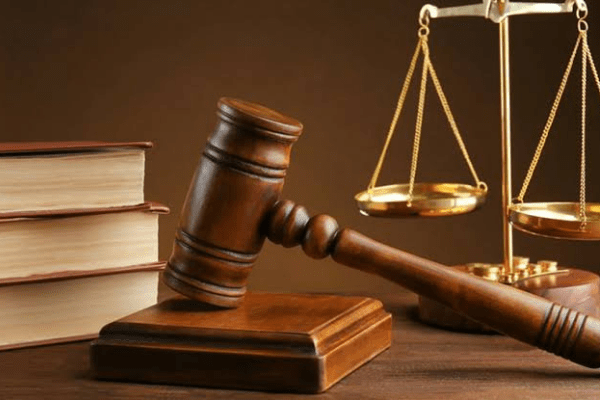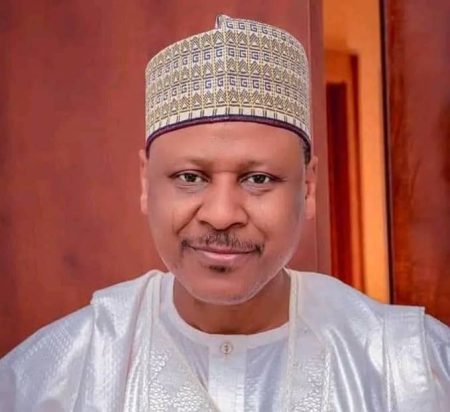 News wire — Europe may limp through the cold winter months with the help of brimming natural gas tanks despite a plunge in deliveries from former top supplier Russia only to enter a deeper energy crisis next year, the head of the International Energy Agency said.
News wire — Europe may limp through the cold winter months with the help of brimming natural gas tanks despite a plunge in deliveries from former top supplier Russia only to enter a deeper energy crisis next year, the head of the International Energy Agency said.
European countries have filled storage tanks to around 90% of their capacity after Russia cut gas supplies in response to Western sanctions imposed over its invasion of Ukraine.
Gas prices, which surged in the months after the war began, have retreated, but that could be short-lived as countries compete to buy liquefied natural gas (LNG) and other alternatives to Russian pipeline deliveries.
To help tackle the price pain, the European Union is considering imposing a gas price cap, an issue that has divided the 27-nation bloc as some countries are concerned it could make securing supplies harder.
“With gas storages almost at 90%, Europe will survive the coming winter with just some bruises as long as there are no political or technical surprises,” Fatih Birol, executive director of the Paris-based IEA, told journalists in Finland.
The real challenges will begin in February or March when storage needs to be filled again after high winter demand has drained them to 25%-30%.
“This winter is difficult but next winter may also be very difficult,” Birol said.
Until the Ukraine war broke out in late February, the Nord Stream 1 pipeline beneath the Baltic Sea from Russia to Germany was one of western Europe’s main sources of gas.
Nord Stream 1 comprises two separate lines as does Nord Stream 2, which was filled with gas, but never allowed to deliver supplies to Europe as Germany suspended authorisation just before Russia invaded Ukraine on Feb. 24.
Three of the four lines have been disabled by what the West and Russia say was sabotage causing huge leaks and the Danish authorities said the fourth was being depressurised on Tuesday.
Sabotage
President Vladimir Putin on Friday blamed the United States and its allies, allegations rejected by Washington. Russia has condemned what it called “stupid” theories in the West that it sabotaged the pipelines itself in explosions last week.
The Kremlin said on Wednesday that Russia must be part of investigations into the incidents, while one of Putin’s allies said they recalled the U.S. Central Intelligence Agency-backed attacks on oil infrastructure in Nicaragua in 1983.
European Commission chief Ursula von der Leyen for her part said EU countries needed to step up protection of their critical infrastructure by conducting stress tests and using satellite surveillance to detect potential threats.
She was speaking in the European Parliament ahead of a meeting of leaders of the 27 EU countries on Friday in Prague when they will debate the EU price cap plan.
The details have yet to be worked out, but the idea has support from the majority of countries that see it as a way to deal with inflation. It has, however, faced opposition from Germany, Denmark and the Netherlands that cite concerns it will make it harder to secure supplies.
Von der Leyen said in her speech countries should also start jointly buying gas to avoid EU member states bidding against each other on world markets and driving prices still higher.
Earlier tensions in the gas market had eased as Russia’s energy company Gazprom on Wednesday resumed gas exports to Italy via Austria after resolving an issue over guarantees that had led to the suspension of flows over the weekend.
*Barbara Lewis; Editing: Edmund Blair & Jane Merriman – Reuters
Follow us on twitter



